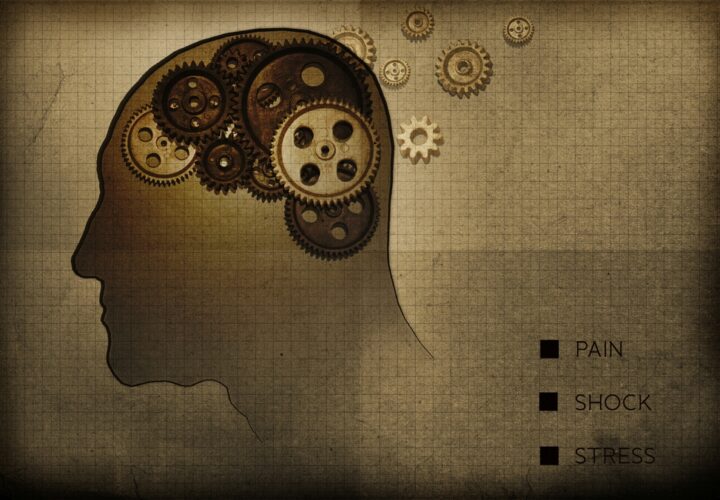We’ve all felt the effects of stress—but here’s news that might encourage you to do something about it. According to a new study published in the journal Neurology, the effects of stress don’t just make us feel anxious; they also show up in the brain.
The study found that middle-aged adults with high levels of cortisol—the hormone released in stressful situations—had a smaller brain volume and did worse on memory and cognitive tests than their peers with lower levels of cortisol. Cortisol is involved in a number of the body’s functions, like managing inflammation, blood pressure, blood sugar and controlling the body’s sleep cycle. But it’s mainly known as the hormone released during our fight-or-flight response—sort of like an alarm system inside your body that gives you an energy boost when you feel threatened, just in case you need to flee or fight. So what does cortisol have to do with brain health?
“In our quest to understand cognitive aging, one of the factors attracting significant interest and concern is the increasing stress of modern life,” said study senior author Sudha Seshadri, M.D., professor of neurology at UT Health San Antonio. “One of the things we know in animals is that stress can lead to cognitive decline. In this study, higher morning cortisol levels in a large sample of people were associated with worse brain structure and cognition.”
The study analyzed over 2,000 people with an average age of 48 years old. They measured blood cortisol in the early morning, since cortisol levels can vary throughout the day.
“Cortisol affects many different functions, so it is important to fully investigate how high levels of the hormone may affect the brain,” said study lead author Justin B. Echouffo-Tcheugui, M.D., Ph.D., of Harvard Medical School. “While other studies have examined cortisol and memory, we believe our large, community-based study is the first to explore, in middle-aged people, fasting blood cortisol levels and brain volume, as well as memory and thinking skills.”
And while lower brain volume can be a sign of Alzheimer’s according to some doctors, these participants were not followed to see if they later developed severe problems like Alzheimer’s or dementia. Still, a shrinking brain could be a sign that cognitive decline is a possibility in the future. That means everyone can benefit from lowering stress levels by doing things like getting more sleep, eating a healthy diet and maintaining social relationships.
“The faster pace of life today probably means more stress, and when we are stressed, cortisol levels increase because that is our fight-or-flight response,” Seshadri said. “When we are afraid, when we are threatened in any way, our cortisol levels go up. This study adds to the prevailing wisdom that it’s never too early to be mindful of reducing stress.”



